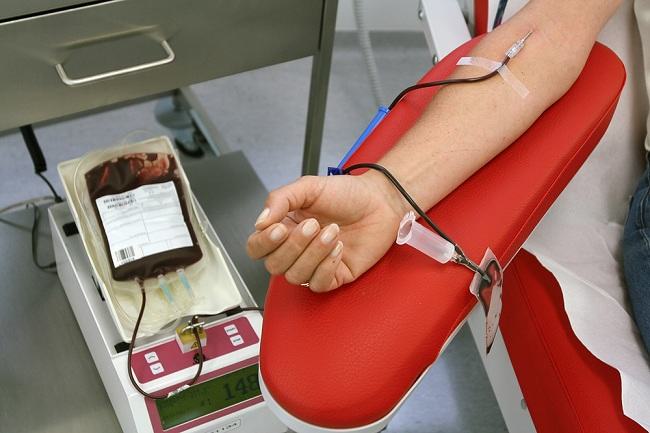Without salt, food will taste bland. On the other hand, adding too much table salt to in food is also not good for health. Although salt is an important ingredient in making delicious food, it is necessary to use it wisely.
In addition to adding flavor to food, salt also has benefits for the body. Table salt consists of two elements, namely sodium (sodium) and chloride. Sodium is needed for the body to function properly, maintain body fluid balance, help nerves and muscles work, and control blood pressure and volume. While chloride helps the body in digesting food.

If Salt accumulates in the body
As mentioned earlier, the sodium contained in table salt is actually very important for nerve health. This is because sodium plays an important role in sending nerve impulses from the brain to the rest of the body, and vice versa.
But it should be noted, these benefits can be obtained if you limit sodium intake properly. When consumed in excess, sodium can actually have a negative impact on health.
When sodium intake is high, the kidneys will remove the excess through urine. This can make you urinate more and more at risk for mild dehydration. However, if the kidneys are no longer able to get rid of the excess, sodium builds up in the blood, attracting and retaining fluid in the bloodstream. As a result, the volume of blood will increase, making the heart have to work harder and increasing the pressure in the arteries.
In the short term, it might just cause a puffy face in the morning. However, if it occurs for a long time, the risk for developing high blood pressure, heart disease, stroke, and kidney disease will be even greater.
For that, limit the intake of table salt so as not to cause health problems. You are advised not to consume more than 6 grams of table salt or one teaspoon per day.
How to Reduce Salt Intake
Sodium that enters the body does not only come from table salt, but also from various foods and drinks that we consume. Some types of foods that are high in salt content are anchovies, cheese, sauces, processed meats, pickles, shrimp, marinated nuts, smoked meats or fish, soy sauce, yeast extract, breads, chips, pizza, prepared foods, sausages, breakfast cereals and mayonnaise.
It is important to limit the intake of table salt or products that are high in salt content. Reducing processed foods rich in sodium can balance mineral levels in the body. Of course accompanied by eating fresh fruit and vegetables. You can limit your intake by:
- When cooking at home, pay attention to how much salt you use.
- When shopping, check the sodium level listed on the package label. Buy foods or drinks that contain low sodium levels.
- Eat more fresh foods, such as vegetables, fruits, and fresh meat, because they contain naturally low levels of sodium.
- Use other seasonings, as salt isn't the only option. You can add flavor by adding lemon juice, lime juice, sauteed garlic, pepper, ginger, galangal, or other spices.
- Limit the use of soy sauce and sauces. If you want to cook with these ingredients, use only a small amount.
- Reduce your intake of salty snacks.
Table salt has health benefits, if consumed in a limited way. Do not let excess consumption of table salt cause disease. If you have special health conditions, you should consult a doctor to find out how much salt consumption is allowed.









